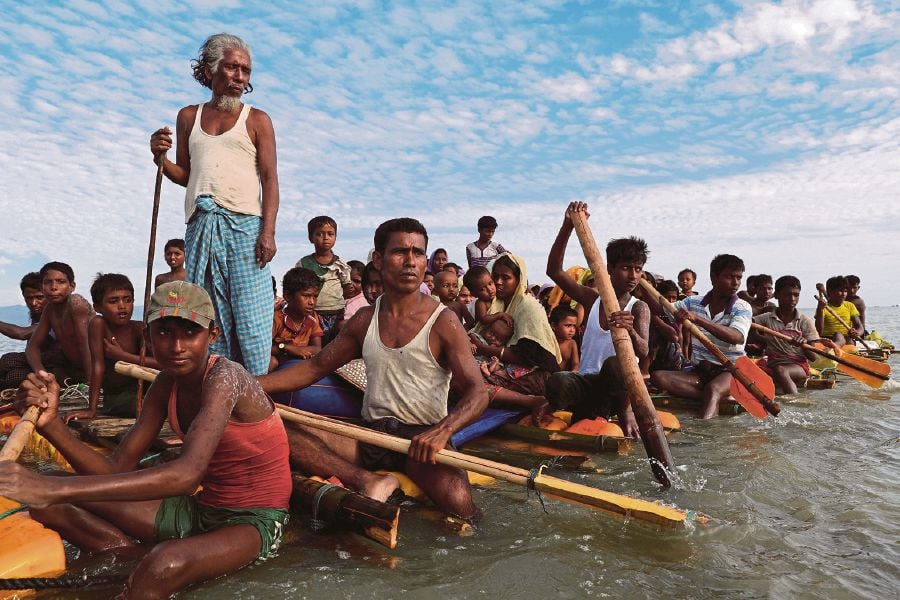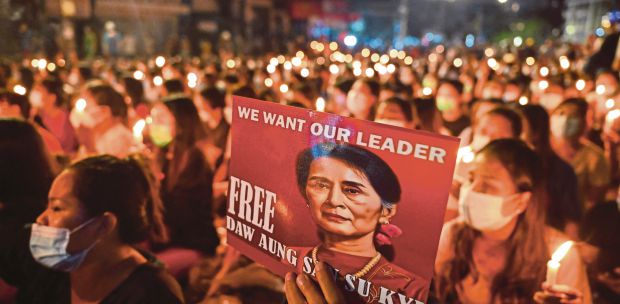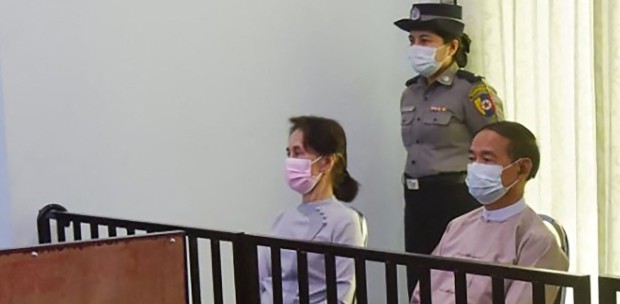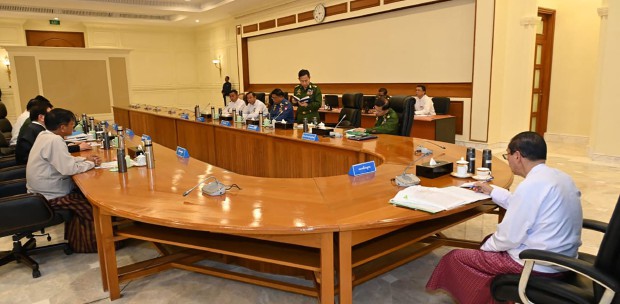‘THE gross human rights violations and abuses committed in Kachin, Rakhine and Shan States (in Myanmar) are shocking for their horrifying nature and ubiquity. Many of these violations undoubtedly amount to the gravest crimes under international law. They are also shocking because they stem from deep fractures in society and structural problems that have been apparent and unaddressed for decades. They are shocking for the level of denial, normalcy and impunity that is attached to them,’ stressed the devastating Report of the Independent International Fact-Finding Mission on Myanmar, established by the United Nations Human Rights Council and published on Aug 27.
The mandate of the mission under United Nations Resolution 34/22 was simply “to establish the facts and circumstances of the alleged recent human rights violations by military and security forces, and abuses, in Myanmar, in particular in Rakhine State, (against the Rohingya Muslim minority), with a view to ensuring full accountability for perpetrators and justice for victims”.
Revealingly, the Tatmadaw (the Myanmar military) and State Counsellor Aung San Suu Kyi, the erstwhile “Darling of the West” and the de facto civilian political ruler, refused to cooperate with the mission.
The report sets a precedent in that it is the strongest possible condemnation hitherto from the UN of the violence and ethnic cleansing of the 1.4 million Rohingya Muslims, which for the first time is labelled as having “genocidal intent” to warrant “the investigation and prosecution of senior officials in the Tatmadaw chain of command, so that a competent court can determine their liability for genocide in relation to the situation in Rakhine State”.
The mission has also drawn up a non-exhaustive list of alleged Tatmadaw perpetrators of crimes under international law. The list includes the names of alleged direct perpetrators, but focuses on those exercising effective control over them including the Commander-in-Chief, Senior-General Min Aung Hlaing.
So, is the UN report a game-changer for Myanmar’s 1.4 million Rohingya Muslims, of whom some 750,000 children, women and men have been displaced and forced to flee their homeland, languishing in desperation in abject squalor in refugee camps on the Bangladesh-Myanmar border?
The Rohingya have been fighting for their very existence and identity as Muslims, amidst a sustained crackdown including murder, burning alive, sexual violence and rape over the last two decades by a brutal army and a colluding and callous civilian government led by Nobel Laureate Suu Kyi since 2015, which has refused to acknowledge them as fellow citizens even though their ancestors have lived in Myanmar for centuries.
The answer to the above question is meaningless if the international community does not show the resolve and determination it would require to hold to account military and civilian officials allegedly responsible for the atrocities against the Rohingya and to ensure a safe and viable future for them in their homeland.
A disappointing omission of the mission is Suu Kyi from the list of alleged perpetrators who only last week defiantly reiterated her defence of the Tatmadaw, branding the Rohingya as illegal migrants from Bangladesh as if she was living in denial.
An online petition signed by a million people calling for her to be stripped of her Nobel Peace Prize is gaining momentum. After all, the Myanmar authorities, according to the UN Report, “including the government and the Tatmadaw, have fostered a climate in which hate speech thrives, human rights violations are legitimised, and incitement to discrimination and violence facilitated”.
Myanmar, like Afghanistan, has always been subject to colonial intrigue over the last century, and it is no different today. The only difference is that the colonial pretenders today are Chinese, Russians and Indians, all scurrying for lucrative business opportunities, mining rights and ambitions to build warm water ports and other transport hubs in Myanmar. To appreciate the components of a safe future dispensation for the Rohingya requires an understanding of the geopolitics and the shortcomings of the UN and of the foreign policies of individual states, which like banking seems to be bereft of ethics but steeped in self-interest.
Genocide does not happen in a vacuum. It, according to the UN report, “occurs when a person commits a prohibited act with the intent to destroy, in whole or in part, a national, ethnical, racial, or religious group. The Rohingya are a protected group under this definition”.
Other serious omissions of the report, which offers 14 recommendations inter alia on accountability, recourse to law, the safe and dignified repatriation of the Rohingya and the establishment of a UN Trust Fund for the victims, include a failure to name and shame the arms suppliers to the Tatmadaw, which include China, Russia, Singapore and India; a condemnation of the meagre sanctions regime against Myanmar given that the current spiral of violence against the Rohingya goes back to 2012; a failure to condemn and sanction the dereliction of duty of social media giants such as Facebook, which was effectively the delivery vehicle of the campaign of hate against the Rohingya; and a failure to recognise that the genocide of the Rohingya is a rabid form of Islamophobia which has found succour with both Buddhist and Hindu fascists in recent times straddling an arc of anti-Muslim activism ranging from India, Myanmar, Thailand and Sri Lanka.
The UN report talks about a campaign of hate and dehumanisation of the Rohingya led by the Rakhine Nationalities Development Party (RNDP), various Rakhine organisations, radical Buddhist monk organisations, several officials and influential figures. A key component of the campaign to “protect race and religion” is spearheaded by extremist Buddhist groups like MaBaTha whose anti-Rohingya or anti-Muslim rhetoric labelled the Rohingya as “illegal immigrants”, “terrorists”, and portrayed them as an existential threat that might “swallow other races” with their “incontrollable birth rates”. The RNDP even cited Hitler, arguing that “inhuman acts” were sometimes necessary to “maintain a race”. The Myanmar government’s response to hate speech has been wholly inadequate.
The chances of the Tatmadaw hierarchy being tried in the International Criminal Court are almost nil. The report has to be adopted by the Security Council, which China is bound to veto. The only other recourse is to establish a Special International Tribunal as for the genocide in Rwanda and Bosnia Herzegovina, when in Srebrenica during the Yugoslav civil war in 1995 some nine thousand Muslim Bosniaks were massacred by Serb militias.
The difference then was that a United States president, Bill Clinton, had the moral resolve together with his allies to act against these heinous crimes at the twilight of the 20th Century as if the world has failed to learn the lessons of the Holocaust and other lesser episodes of genocide.
The writer is an independent London-based economist and writer






